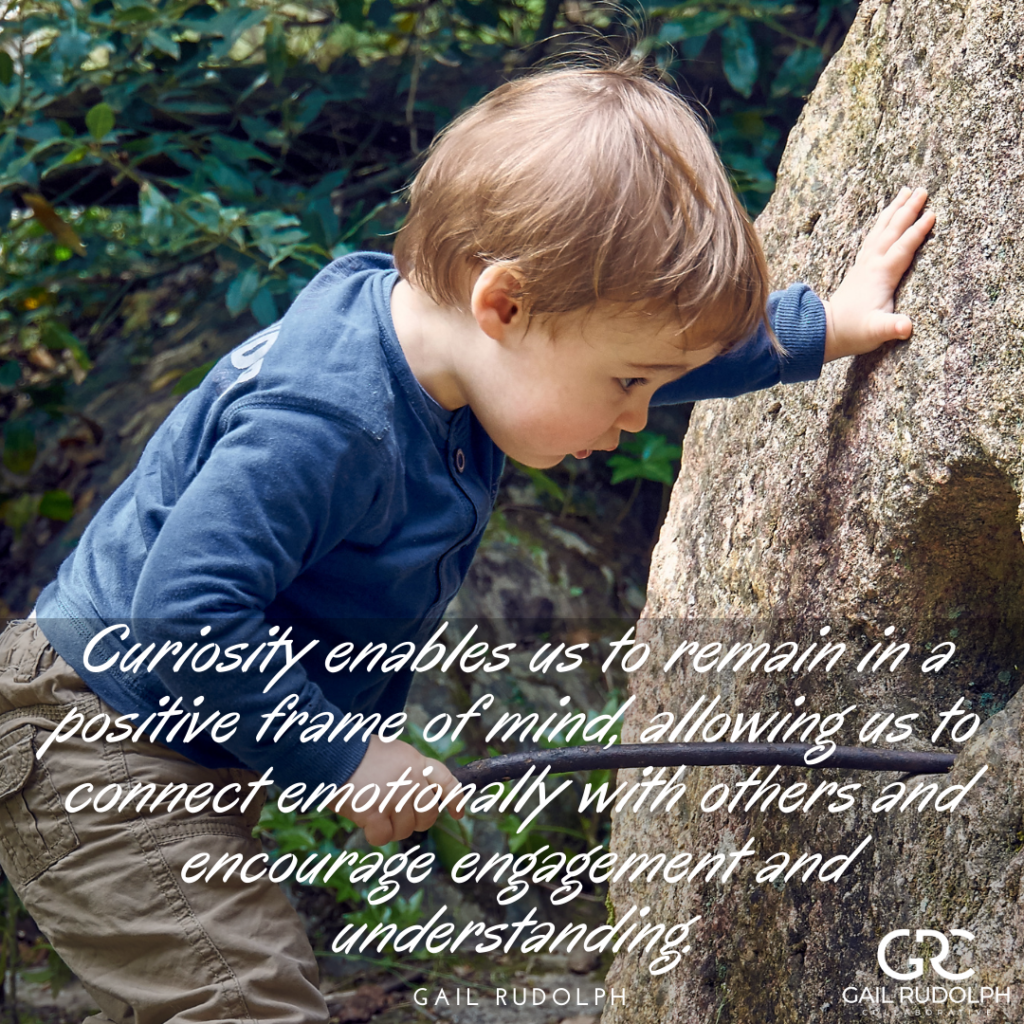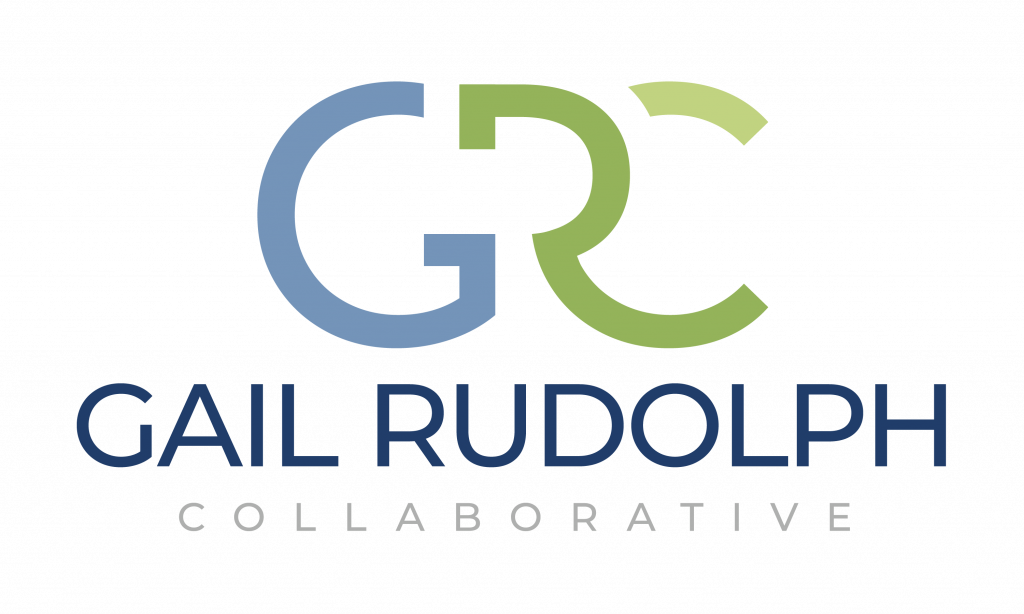“Curiosity enables us to remain in a positive frame of mind, allowing us to connect emotionally with others and encourage engagement and understanding.”
– Gail Rudolph Power Up Power Down
The desire to be right is often a roadblock in connecting with and understanding other people. We get caught up in our opinions and beliefs, our perspectives and viewpoints that we cannot step back and openly strive to understand the views, thoughts, and ideas of those around us.
This barrier frequently leads to divisiveness and disconnection, putting people at odds. It can spiral quickly into a lack of respect, heated disagreements, and tenuous relationships.
Curiosity can break down barriers, alleviate misunderstandings, and forge better relationships, even if it doesn’t lead to changed minds or beliefs. It shows respect and a desire to comprehend how someone arrived at their ideas.
Being genuinely curious is a valuable tool. Asking questions about how someone arrived at the information or perspective offers insights into why they believe as they do.
Asking how instead of why questions keep people from becoming defensive. Notice the subtle difference:
“Why do you think that?”
“How did you arrive at that idea?”
Inquiring how helps us slow our thinking, downshifting to a more thoughtful approach. Our fast-thinking brain uses minimal effort, relying on a spontaneous approach to information. Suppose we’ve encountered something before, such as a person with a specific idea or belief. In that case, our fast-thinking brain immediately recognizes this new bit of information as something about which we already have an opinion.
Curiosity taps the breaks on our fast-thinking processes, suspending preconceived judgments. Curiosity can curtail making assumptions and jumping to conclusions about other people. Instead, it enables us to embark on a thoughtful exploration of discovery and learning.
Asking how also lands more gently. It sounds inquisitive rather than accusatory and is more likely to spark open, honest conversation. It sets aside our need to prove what we believe is true and instead cultivates conversation in which both parties are willing to actively listen and learn.
Being curious in no way means that, after asking questions and getting answers, our views should or will change. But it will give us a deeper, more meaningful, and more rounded perspective of why others believe as they do.

Several years ago, I was in a new executive fundraising position. Walter, one of the donors who gave generously and had for years, had a reputation among my colleagues as someone who was incredibly difficult and disruptive.
Despite numerous warnings to steer clear of Walter, I wanted to find out more about him for myself. Our first meeting began with Walter answering his door, looking me up and down, and emphatically stating, “I don’t think I like you.” Our lunch didn’t go much better as Walter made quite a few inappropriate comments. I could see he was testing me, and that got me curious. What was behind all this bluster? There had to be something – his generosity was a dead giveaway.
It took years of patience, asking many questions, and forging an authentic friendship with Walter before he finally entrusted me with why he gave so liberally. Many years before, while on his very first shift as a state trooper, he was on the scene of a fatal car accident that left a five-year-old girl orphaned. Her parents were badly injured, and because medical care wasn’t nearby, they succumbed to their injuries. Walter’s generosity sprung from that experience and his desire to make medical care readily accessible, especially in such emergencies.
If I had listened to my colleague’s impressions and assumptions about Walter, I would have quickly dismissed him. Maybe he would have continued to give, maybe not. But, I would have missed getting to know the wonderful person with a heart of gold hidden beneath a rough exterior.
Being genuinely curious may not come naturally, but it is a trait that can be learned. It does require conscious effort and intention; we need to deliberately pause and ask ourselves, “Do I truly understand how this person came to have this belief, or why they think the way they do?” Then, we have to set aside our “rightness” and start asking questions.
Think of it as an archeological dig, unearthing the experiences and journey that culminates in better understanding. And, when we are curious about others, they will often follow suit, wanting to explore how we arrived at our decisions and ideas. It’s a win/win!
“Be curious, not judgmental.”
-Walt Whitman


